Dashnor Kaloçi
Memorie.al publishes some archival documents issued by the Central State Archive in Tirana (fund of the former Central Committee of the ALP), belonging to 1963, where there is a correspondence between the Directorate of Education and Culture in the Office of the Committee Central Committee of the ALP led by Nexhmije Hoxha and the Shkodra District Party Committee, chaired by Enver Halili, regarding the biographical side of the director, writer and artist Zef Zorba from the city of Shkodra, who had taken over and was writing the libretto of the opera ‘Teuta’, whose music was being composed by Nikola Zoraqi. Nexhmije Hoxha’s request to know accurate data about the biography of the director and librettist from Shkodra, who according to the data she had, had been in prison, but it was not known the political position he held at that time, as well as the negative response of Enver Halili, for Zorba, who “had no moral credit to the people of Shkodra…”?!
The document we are publishing in this part of the book is an official letter from 1963, where Nexhmije Hoxha, at that time Director of the Directorate of Education and Culture in the apparatus of the Central Committee of the ALP, addresses the first secretary of the Committee of the Party of Shkodra district, Enver Halili, where he asks for information about the biography of Zef Zorba, who had written the libretto of the Opera “Teuta”, whose music he had taken over and was composing, the young composer, Nikola Zoraqi.
According to the document in question, Nexhmija Hoxha had information about Zorba that he had been in prison, but did not know other more detailed information about him, what he was convicted of, the political stance he held at the time, whether he was compromised., etc., etc. And really, Nexhmije Hoxha “was right”, because Zorba, one of the most prominent intellectuals in the city of Shkodra, had a somewhat “confused” biography?!
Zefi was born in Kotor, Montenegro to an Albanian family, studied at the Faculty of Social Sciences (branch of Political Studies in Padua, Italy) and left in 1943, due to the war he returned to his homeland. where he had worked for some time as a bank clerk. Although with this formation, after the end of the War around 1946, he served as a director at the House of Culture in the city of Shkodra, where he staged some dramatic parts such as: “Judas Maccabeus” by Fishta, “The Enemy” of the people” of Ibsen, etc.
At that time, like many other intellectuals from the city of Shkodra who had studied in the West, Zorba was arrested and sentenced to political prison, from where he was released sometime in 1951. After being released from prison, both for passion and for survival, Zef Zorba was engaged in translations, translating some of the well-known poets and playwrights of world literature, such as: R. Frost, Xh. Ungareti, S. Kuazimodo, E. Montale, T.S. Eliot, Shou, Pirandelo, Wald, Martin, or philosophers like B. Kroçe, H. Xh. Gadamer et al.
In addition to this work, he himself wrote several booklets, such as “Teuta”, the queen of the Illyrians, who after being defeated by the Romans, had retreated and taken refuge in Kotor, the birthplace of Zorba. Maybe this was the impetus from where he had taken the opportunity to write about the Illyrian queen, the books on which the young composer Zoraqi relied, to write the opera “Teuta”?!
But this was not said to be done, because, at the request of Nexhmije Hoxha from the Education – Culture sector in the Central Committee of the ALP, which wanted detailed information about the biographical side of Zef Zorba that she had information that he had been in prison , the secretary of the Party Committee of the Shkodra district, Enver Halili, responded negatively, saying that Zorba did not have the necessary political guarantees and had no moral credibility in the opinion of the people of Shkodra. For more about this, let us know the document in question, which like most of the documents published in this book, is published in full and without any changes.
Nexhmije Hoxha’s letter to the Shkodra Party Committee
CENTRAL PARTY COMMITTEE
WORK OF ALBANIA
Directorate of Education and Culture Dt. 14.8.63
No.1848
DISTRICT PARTY COMMITTEE
SHKODRA
The young composer Nikolla Zoraqi is at the beginning of his work to compose an opera on “Teuta”. Her libretto was written by Zef Zorba, a resident of Shkodra. We have been informed that this person has been in prison, but we do not know further details. Therefore, inform us in writing by August 30, what a man he is, what he has been imprisoned for, how he works and how he stands now politically, how much he is compromised and what he has in the public opinion of Shkodra.
Also let us know your opinion on whether or not you agree with Zef Zorba’s libretto to compose the opera.
DIRECTOR OF THE DIRECTORATE OF EDUCATION AND CULTURE
Nexhmije Hoxha
Enver Halili’s letter from Shkodra to Nexhmije Hoxha
ALBANIAN LABOR PARTY
DISTRICT PARTY COMMITTEE
SHKODRA
Nr. 755
SUBJECT: About Zef Zorba
CENTRAL COMMITTEE OF P.P. ALBANIA
“Directorate of Education and Culture”
TIRANA
Regarding your No. 1848 dated 14/8/1963
Zef Zorba graduated from the Franciscan school in Shkodra. He was a clerk at the Italian legation in Shkodra, at the time when Meloni was a seasoned Italian spy. After his release, Zefi was sentenced to 5 years in prison for hostile activities against the People’s Power. Today he holds a bad attitude. Works as chief accountant in Nis ‘Miscellaneous Productions’, being under constant control. Zefi does not have any moral credibility in the public opinion of Shkodra, why even from them (with the exception of his friends) he is known as a bad element politically. Our opinion is that no opera should be composed on the libretto of this person, regardless of its content and form./Memorie.al
DISTRICT PARTY COMMITTEE
Secretary
(Enver Halili)




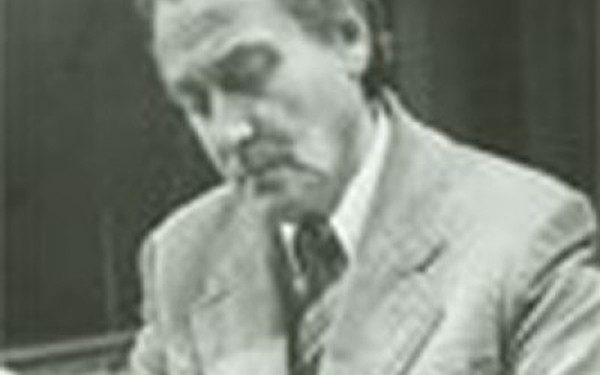
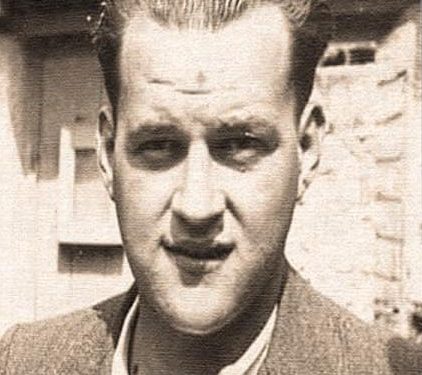
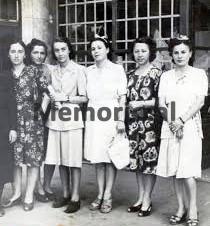
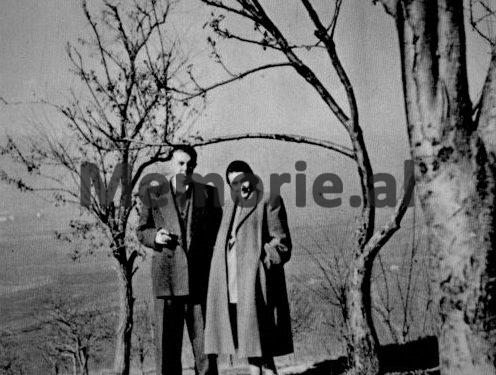
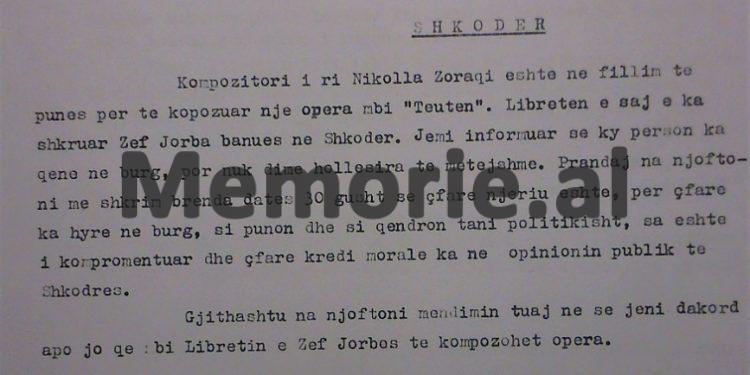
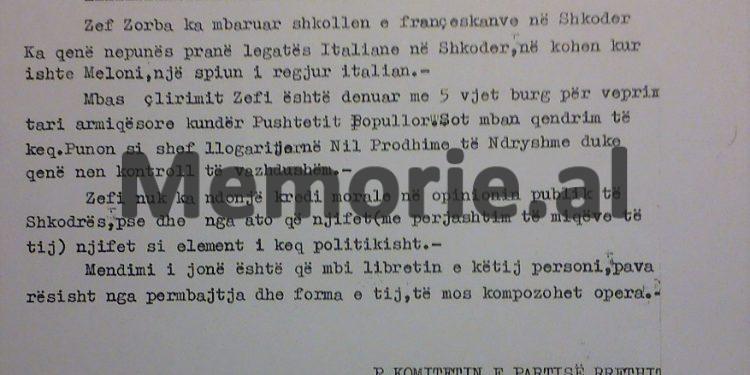

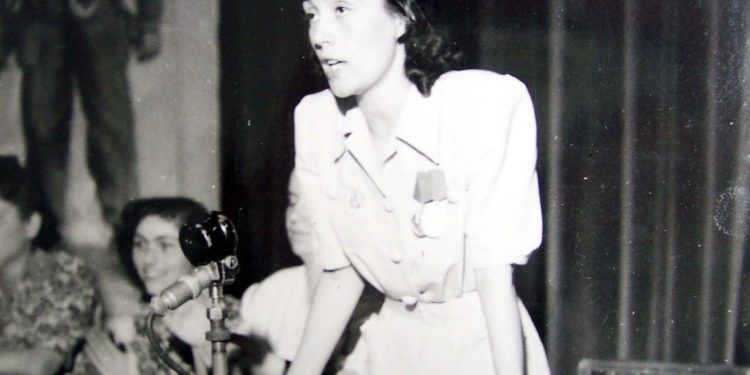

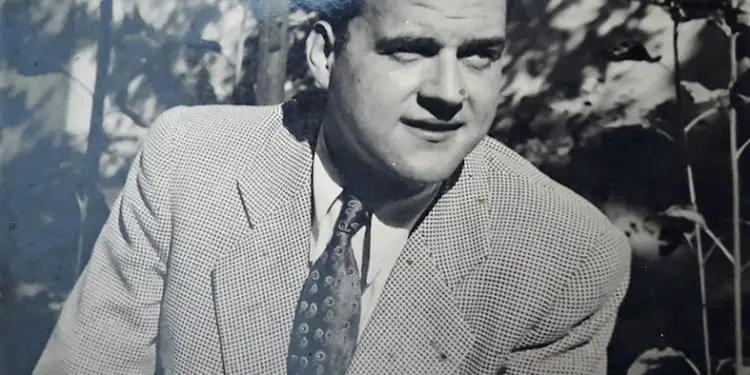

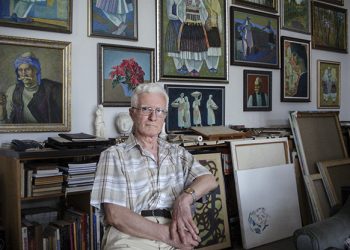
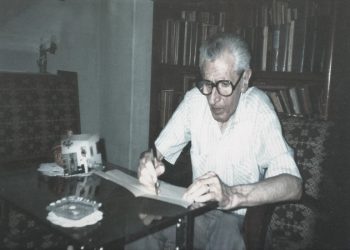
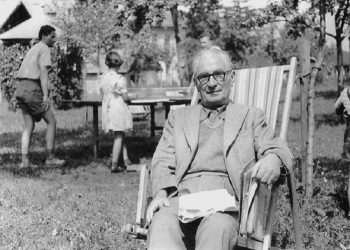

![“Count Durazzo and Mozart discussed this piece, as a few years prior he had attempted to stage it in the Theaters of Vienna; he even [discussed it] with Rousseau…” / The unknown history of the famous Durazzo family.](https://memorie.al/wp-content/uploads/2026/02/collagemozart_Durazzo-2-350x250.jpg)
